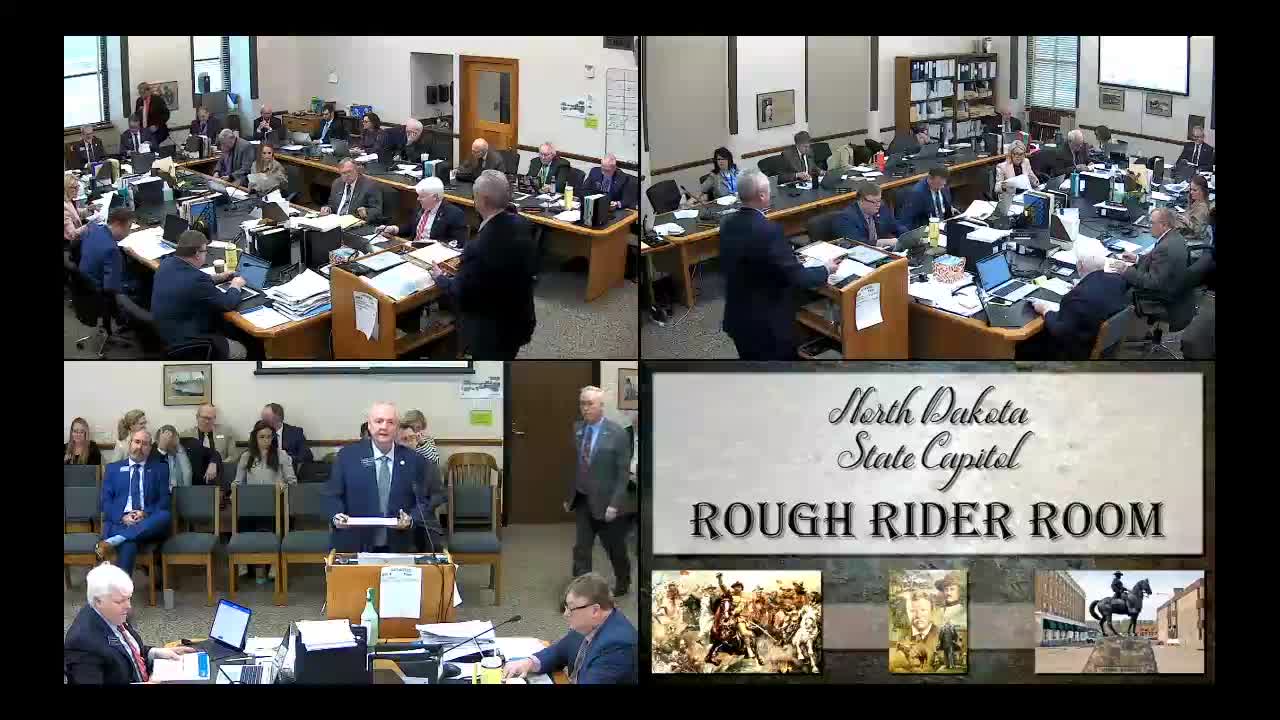Article not found
This article is no longer available. But don't worry—we've gathered other articles that discuss the same topic.
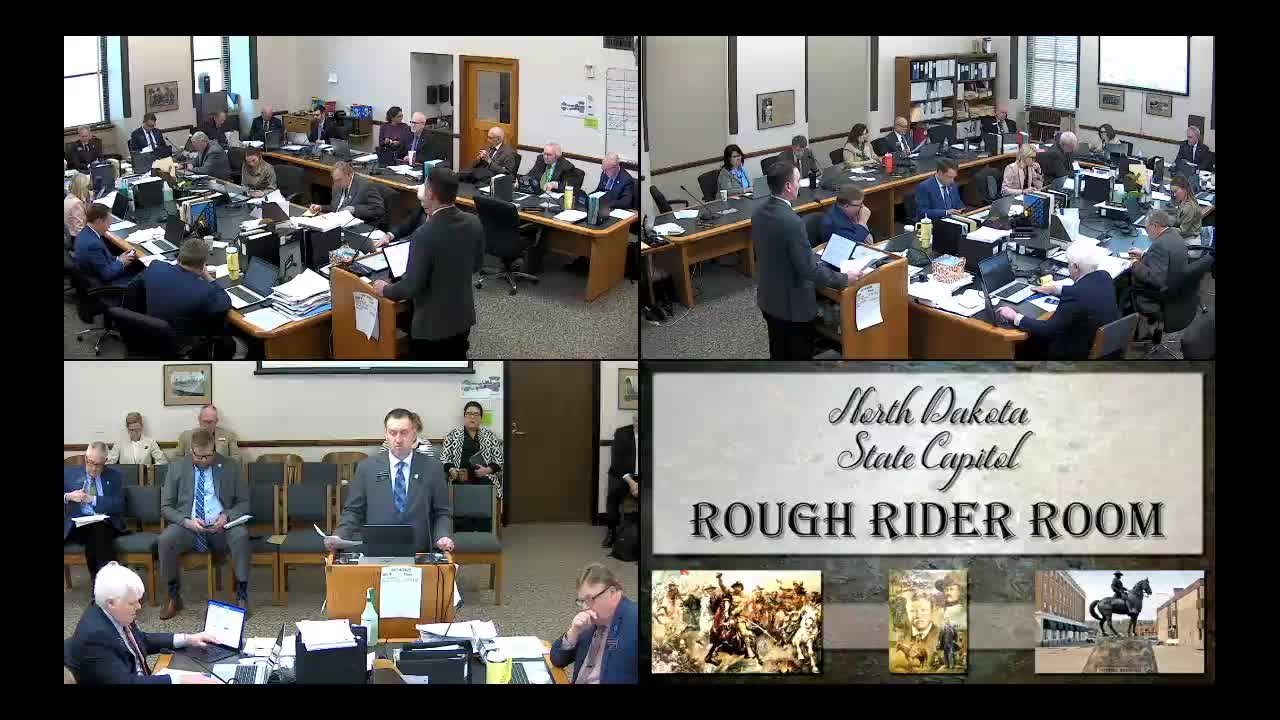
Committee examines bill to align state employee health plan with ACA to curb premium growth
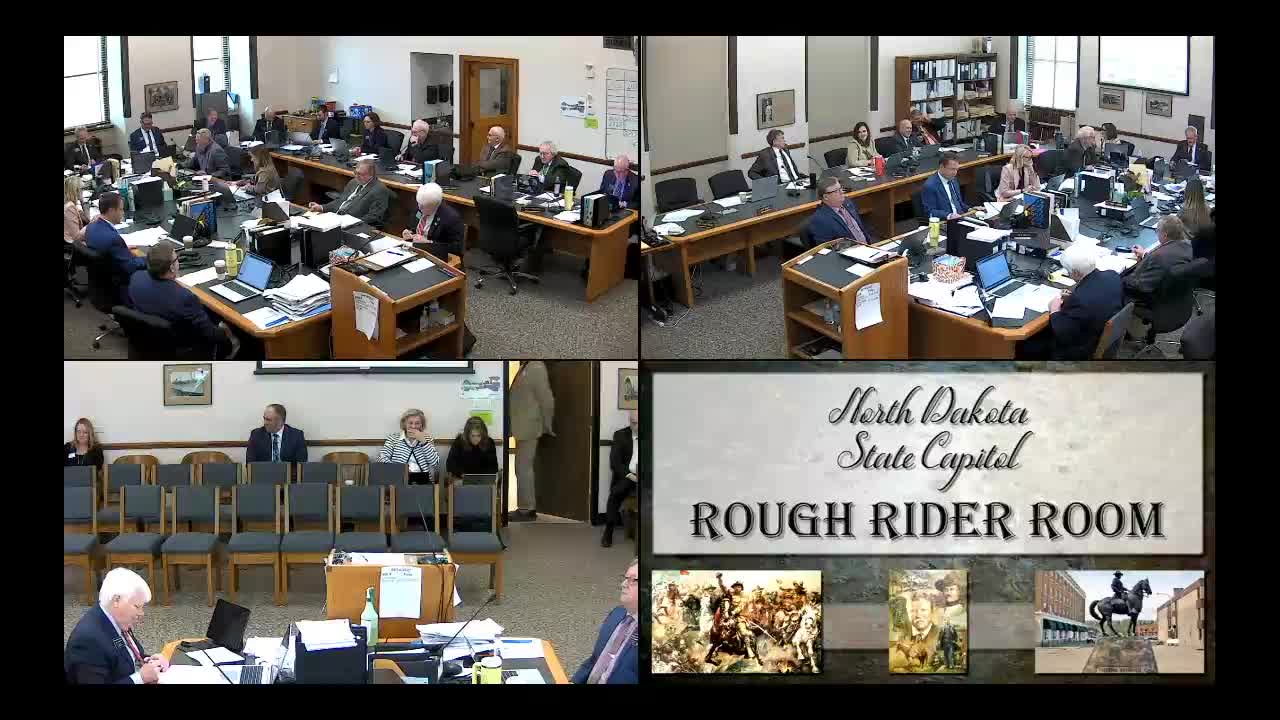
Committee approves amended bill to provide line‑of‑credit for veterans welcome center project
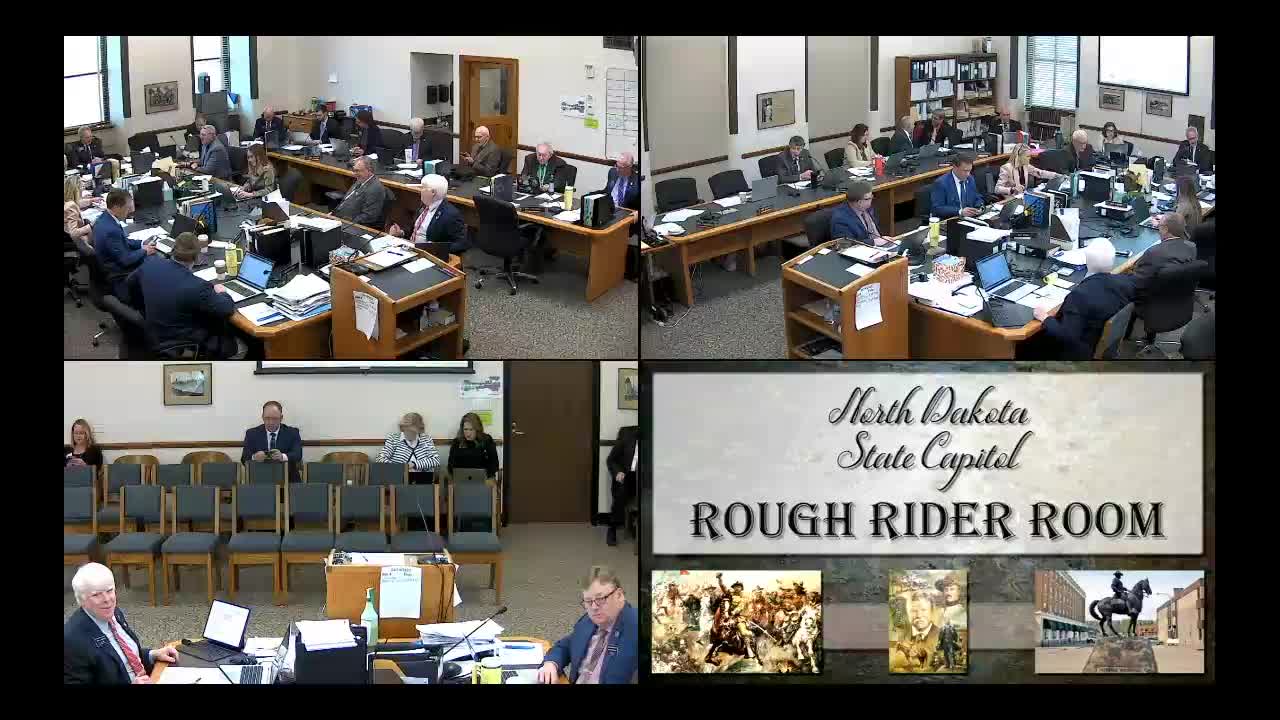
Committee approves $1 million grant program to support rural grocery access
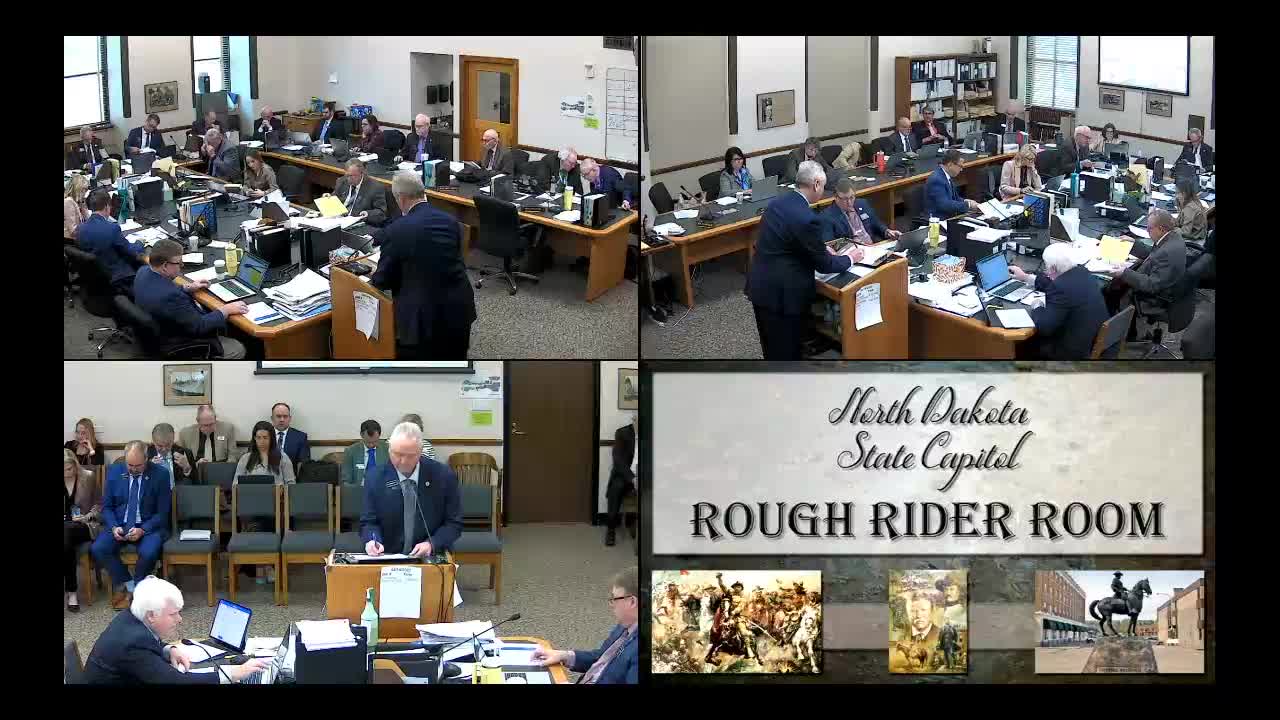
Committee reviews bill to raise zero‑bracket income thresholds, creating $20M biennial cost
